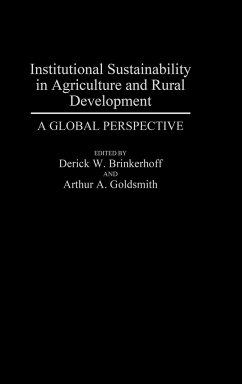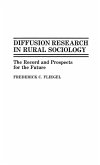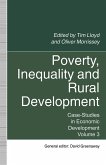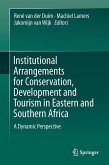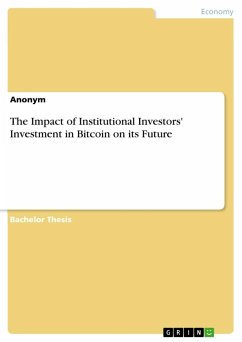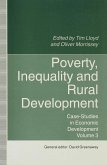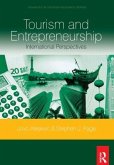Throughout the global community, the challenges of finite resources, budget deficits, and growing interdependence and complexity have forced governments and the private sector to do more with less. In the foreign assistance realm, this has translated into a donor mandate to promote self-sustaining development in the Third World, a key component of which is the institutional framework that conceives, plans, funds, implements, and manages activities. This book, based on the results of a multi-year applied research project, focuses on institutional sustainability and its role in agriculture and rural development. It concentrates on collaboration between international donor organizations and developing countries to design and implement projects aimed at introducing performance and capacity improvements. The collection of fifteen essays is divided into three subject areas. Part one examines the sustainability dimensions of agriculture and rural development, with chapters that focus on the range of meanings of sustainability and the relationship between it and continued benefit flows; a conceptual model that draws on systems theory, organizational contingency theory, and political economy; and the action-research methodology for applying the model in the field. Part two is made up of nine chapters, each of which uses the model to analyze a particular case where an international donor-funded intervention sought to develop a sustainable institution. The cases range geographically across the world. Finally, part three draws on the case experiences to highlight strategies for promoting institutional sustainability. Lessons are derived from a comparative analysis of several of the cases, and a chapter incorporating the points made in all of the cases is also provided. With its comparative framework and conclusion that institutional sustainability is a feasible objective for development agencies, this volume will be an important work for development practitioners and students of development administration, as well as a significant addition to public and academic library collections.
